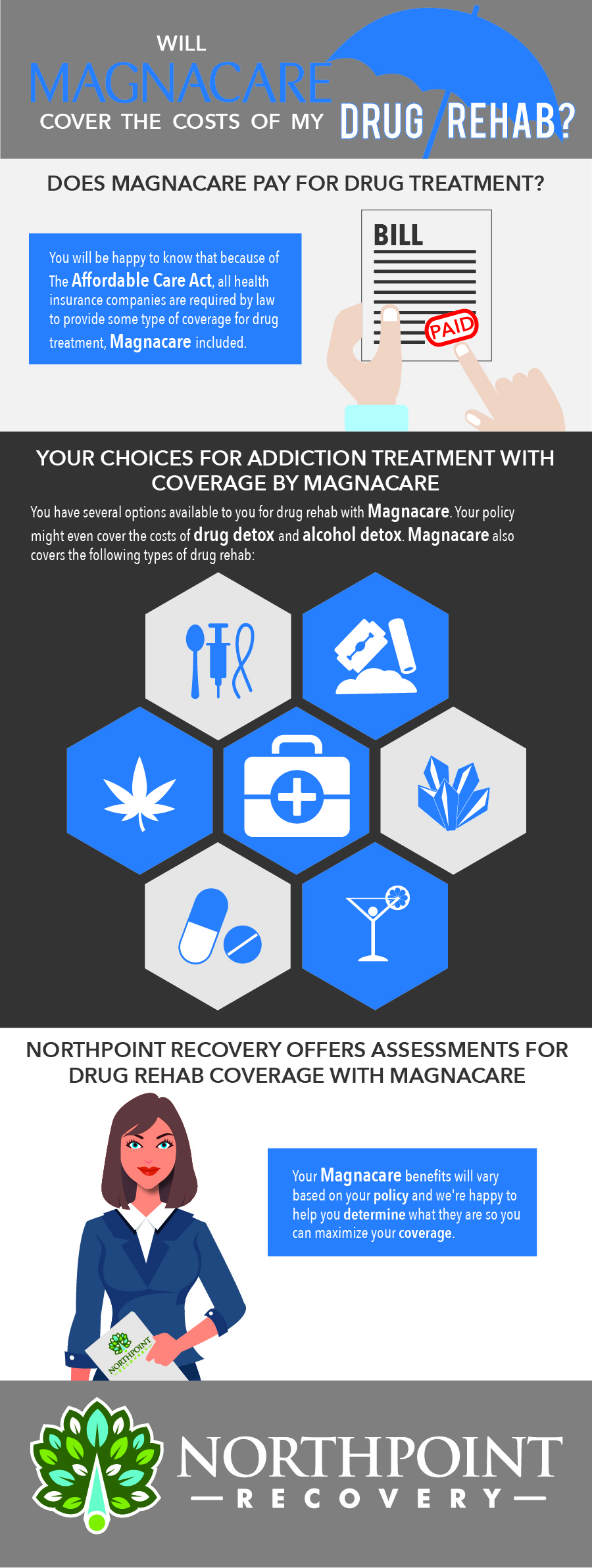Transitioning From Dependency To Healing: The Important Role Of Drug Recovery Centers
Transitioning From Dependency To Healing: The Important Role Of Drug Recovery Centers
Blog Article
Post Produced By-Crouch English
When it pertains to damaging devoid of the grasps of dependency, Drug rehab facilities work as crucial places of hope and recovery. Their multifaceted method to attending to substance abuse not only takes on the instant symptoms yet also delves into the hidden aspects driving addicting habits. By cultivating an encouraging environment and equipping people with the required tools for healing, these facilities pave the way for lasting changes. But what particular techniques and strategies do they use to lead individuals on this journey towards reclaiming their lives from dependency?
Comprehending the Dependency Cycle
To understand the complexities of dependency, you have to grasp the cyclical nature of the addictive actions. It commonly starts with a preliminary trigger or stressor that brings about making use of materials as a coping system. This momentary relief or high reinforces the habits, creating a cycle of seeking that same sensation once again.
As White Sands outpatient alcohol rehab , resistance builds, requiring larger doses to attain the preferred effect. This escalation leads to physical and mental reliance, making it testing to damage devoid of the material's hold.
In addition, the dependency cycle is fueled by negative repercussions such as stretched partnerships, financial difficulties, and health concerns. Regardless of these consequences, the specific remains to make use of compounds to avoid withdrawal signs or manage psychological distress. This bolsters the cycle, capturing the individual in a damaging pattern.
Recognizing this addicting cycle is critical for developing effective treatments and therapy approaches to aid individuals break devoid of the grasp of dependency. By attending to each phase of the cycle, rehabilitation centers can offer tailored support to direct individuals towards recovery.
Providers Used by Rehab Centers
Rehab centers give a range of extensive solutions to sustain individuals in their journey in the direction of recuperation from dependency. When you enter a rehabilitation facility, you can expect to receive individualized therapy plans tailored to your details demands. These strategies usually consist of a combination of specific treatment sessions, team counseling, and academic workshops to assist you recognize the origin of your addiction and develop coping methods.
Medical detox services are also typically used in rehab facilities to help handle withdrawal signs and symptoms securely under the guidance of healthcare specialists. Furthermore, several facilities provide alternative treatments such as yoga, reflection, art therapy, and acupuncture to promote overall health throughout the healing procedure.
Moreover, rehab centers usually provide household therapy sessions to include your liked ones in the healing process and improve communication and partnerships.
After completing a rehab program, ongoing support with aftercare services, such as sober living setups and alumni programs, can aid you maintain sobriety in the long-term.
Support for Long-Term Recuperation
Ensuring continual healing involves establishing a solid support network tailored to your individual demands and goals. This assistance network can originate from various sources, including family, friends, support system, specialists, and ongoing treatment programs. Getting in touch with others who understand your journey can provide motivation, accountability, and a feeling of area that's important for long-lasting recuperation.
Attending routine support group meetings, such as Alcoholics Anonymous or Narcotics Anonymous, can provide you a system to share your experiences, gain from others, and remain devoted to your soberness. Furthermore, specific treatment sessions can assist you resolve underlying concerns, develop coping approaches, and resolve any kind of challenges that might emerge throughout your recuperation trip.
Participating in healthy activities and pastimes that bring you joy and satisfaction can likewise add to your long-term recuperation. Exercise, mindfulness practices, creative outlets, and preserving a balanced way of life can all play a significant duty in supporting your general well-being and avoiding regression.
https://notes.io/wcpc7
On the whole, Drug rehabilitation facilities play an important duty in directing people from addiction to healing by supplying personalized therapy plans and assistance services.
With a concentrate on dealing with the source of addiction and equipping individuals with the devices required for long-lasting sobriety, these centers offer a secure and encouraging environment for healing.
By highlighting the importance of establishing a support network and engaging in healthy tasks, rehabilitation facilities pave the way for people to lead satisfying and addiction-free lives.
